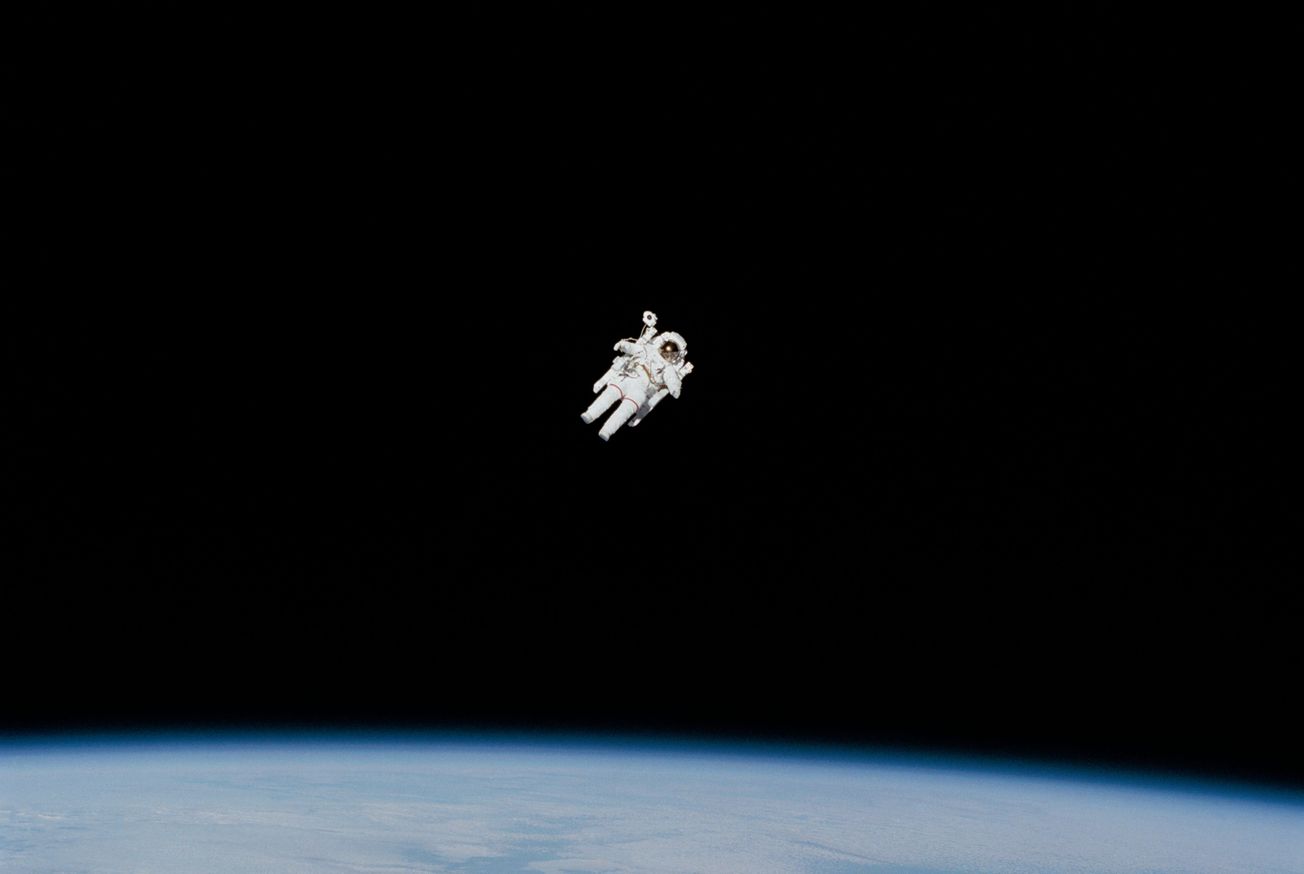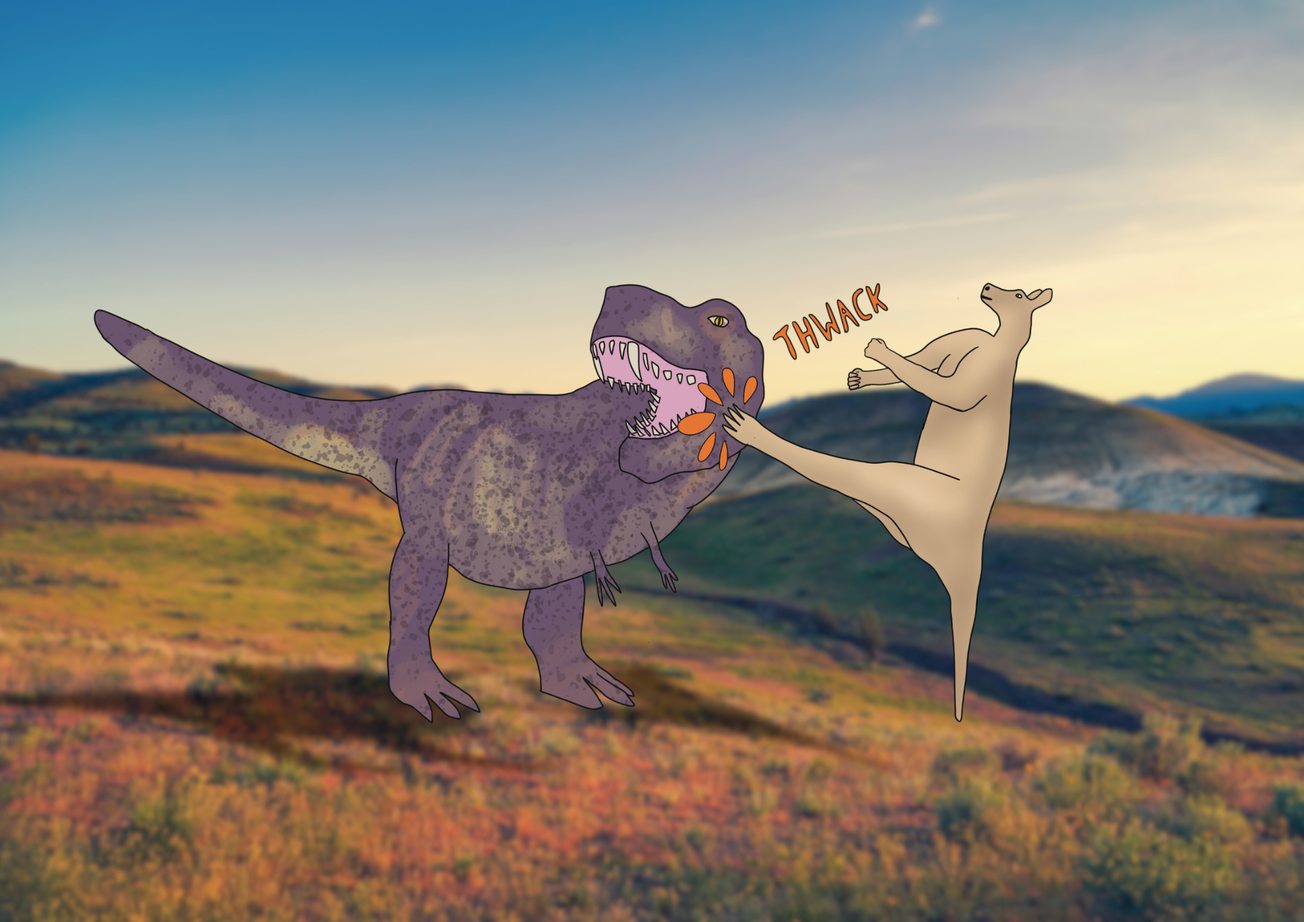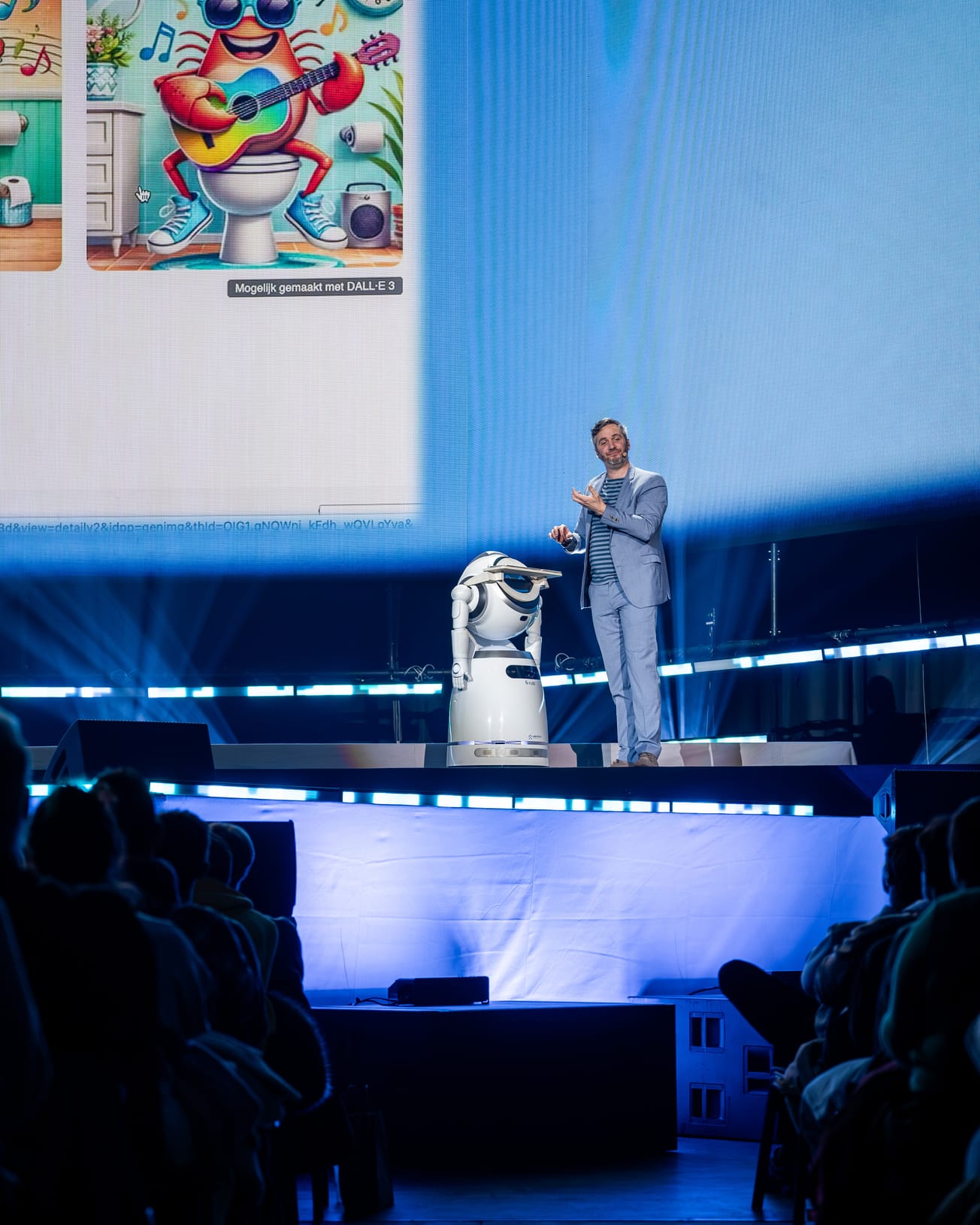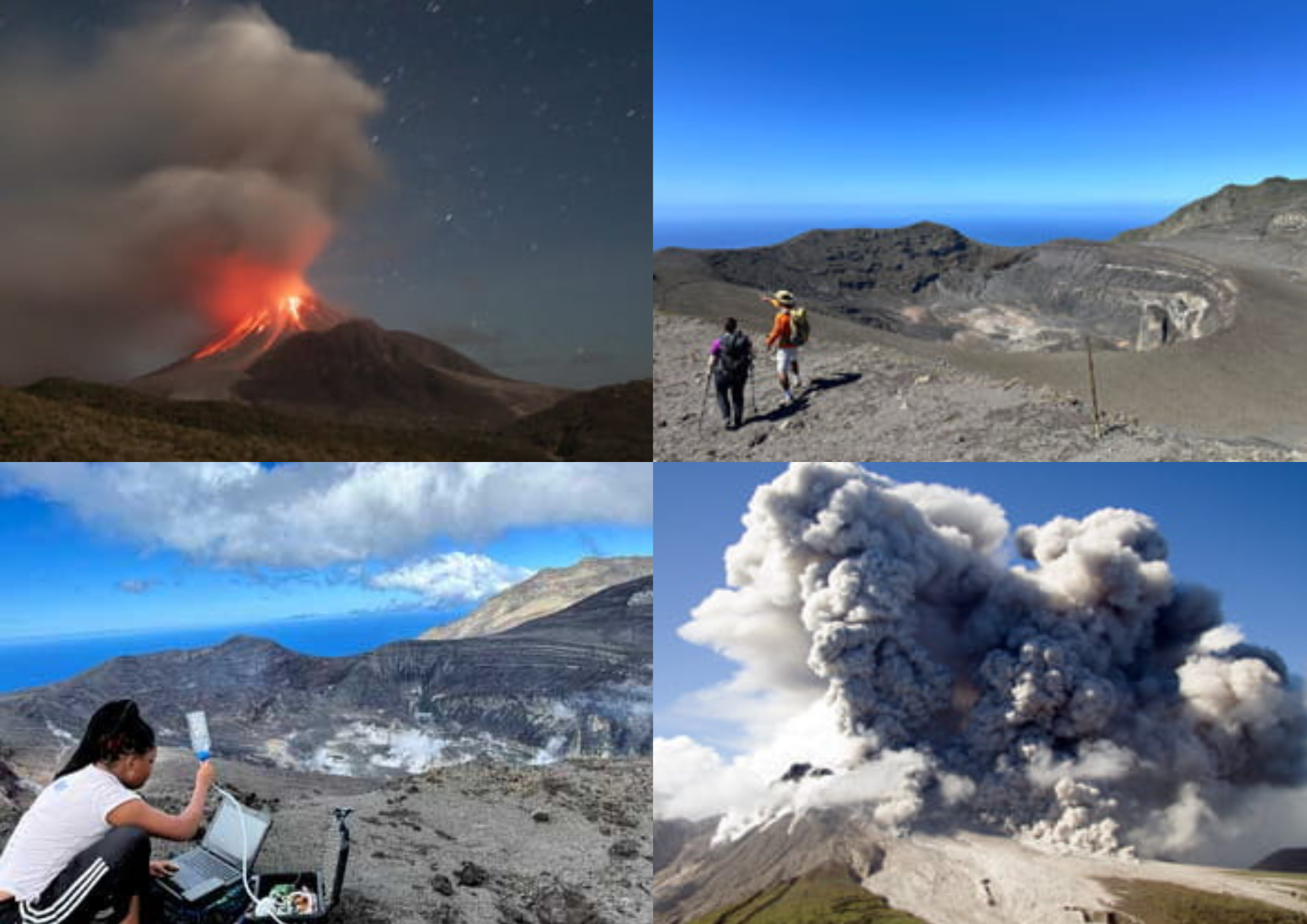By Oliver Cohen, Deputy Online Editor
Oliver Cohen sits down with Suzanne Imber, Associate Professor in Space Physics and winner of BBC's 'Astronauts: Do you have what it takes?'.
If I had to sum up my interview with Suzanne Imber, a semi-literal rocket scientist, I would quote our discussion about her beginnings in high altitude mountaineering: “I just decided I was going to take up high altitude mountaineering, and then I booked a ticket to Argentina and tried to climb the highest mountain in the southern hemisphere.” Immediately, this begins to give you an idea of just the sort of person I was dealing with.
Suzanne is an Associate Professor in Space Physics at Leicester University specialising in planetary magnetospheres and their interaction with solar winds. Due to the nature of her work, she regularly collaborates with NASA and ESA; a partnership she began after her PhD where she took up a position as a research scientist with the NASA Goddard Space Flight Centre.
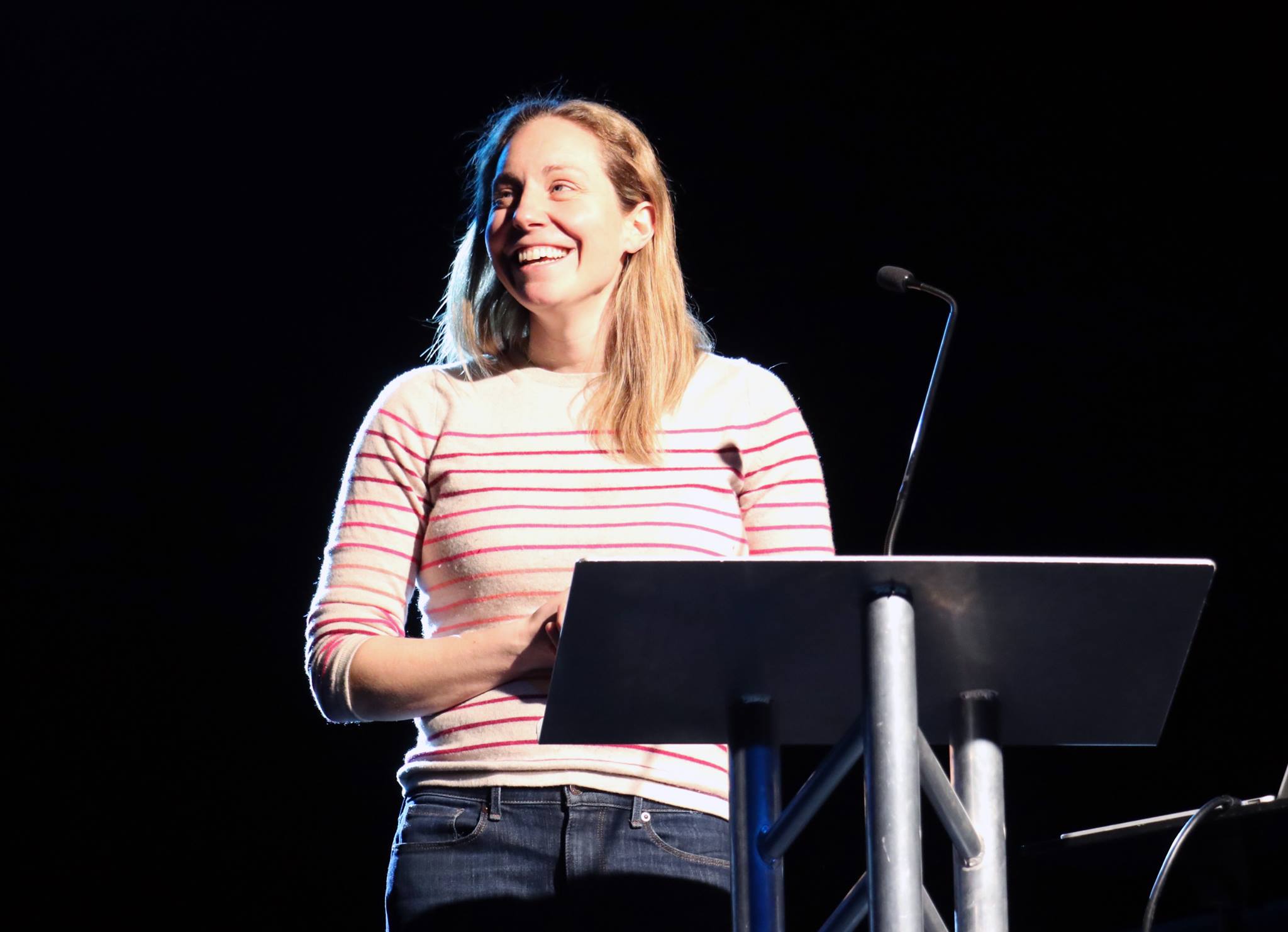
Photo by Bristol SU
Imber was crowned winner of the BBC’s “Astronauts: Do you have what it takes?”- a show putting contestants through challenges based on the skills needed to become an Astronaut. Given her proficiency as a runner, rower, rock climber and mountaineer, I was keen to find out about the attitude that enabled her to succeed in so many challenging disciplines. The way she talked about her outlook was not what I expected but was also equally refreshing. Whilst she does not claim to be (and definitely isn’t) arrogant about her abilities nor her potential, she has always adopted the mindset of: “if someone else can do it, why can’t I try”. Witnessing her down to earth and unassuming personality was certainly a humbling experience to interview, given she is someone who has achieved so much.
Talking more about her experience on the BBC show, in which she starred alongside Bristol’s own Tim Gregory, it was interesting to see her perspective going from academia to performing tasks in front of the general public, especially those that did not go as well as she might have hoped. Despite her ability to deal with failure, she spoke of how the environment of the show was new to her: “I’ve failed…. at a ton of things and in my life and I’m ok with failing at things…to fail in front of three and a half million people is very different.”
She went on to talk about the inevitable worries in the age of social media, such as how someone is perceived, and how she had to accept and put trust in how she was being portrayed to the public via the show. This proved to be a very interesting insight into her experience, especially given the fact that before the show, she never actually owned a TV!
Moving on from her past TV experience onto her current work on the survey of Mercury and the study of its many unknown properties also proved to be very interesting. BepiColombo is a joint mission between the European Space Agency (ESA) and its Japanese counterpart to survey Mercury by launching an innovative two satellite setup. The equipment will have to survive the two temperature extremes of -180 degrees to 450 degrees, where the transition between hot and cold happens in only a tens of minutes, interfering with the practicality of taking highly precise measurements.
Such a mission is only one of many, with new projects being planned all the time. Owing to the fact that Professor Imber is also a full-time lecturer and public speaker, she gets a unique look at the future of space science: “The missions that I’m planning now are the missions that the five year olds I was talking to this morning are going to be working on when they graduate to planetary scientists.”
So whether you want to be the first person on Mars or just need inspiration to climb your very own Argentinian mountain, her words are a pretty good place to start: “Don’t be intimidated, just have a go!”
Featured Image:NASA/ Unsplash
Want to see more interviews like this? Let us know your thoughts!

